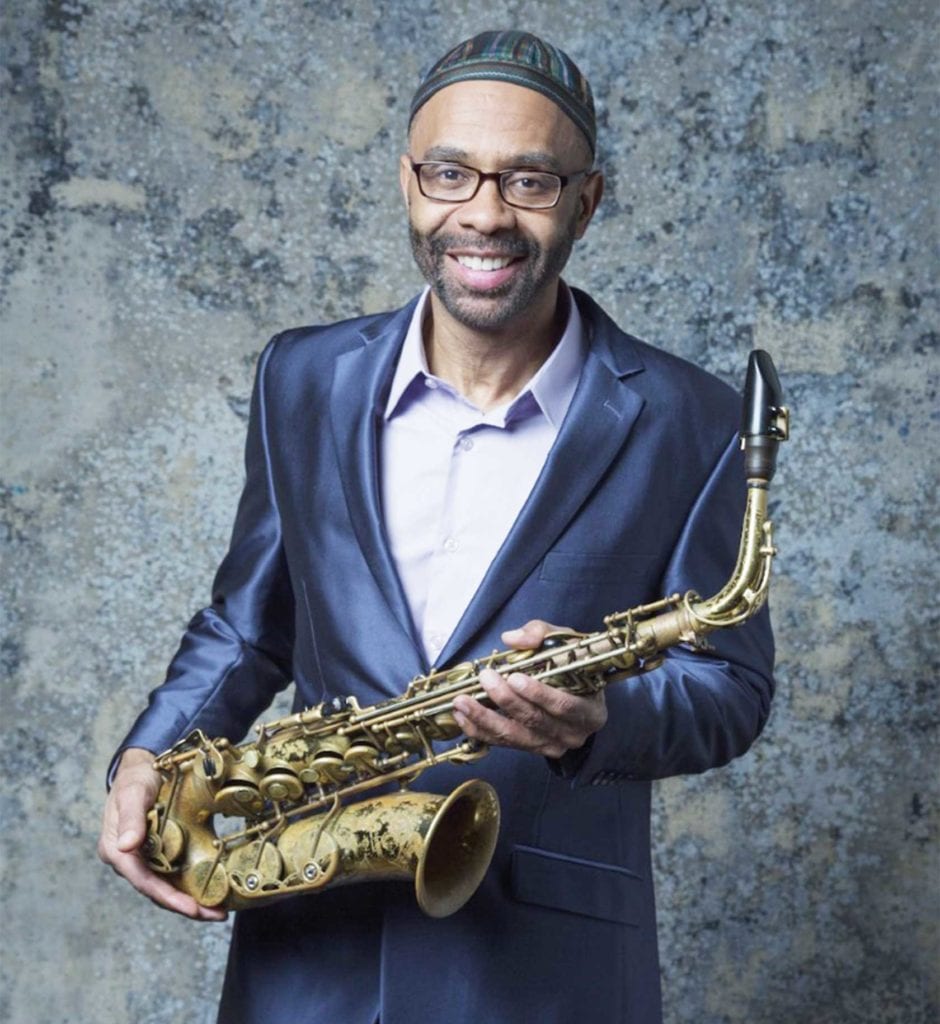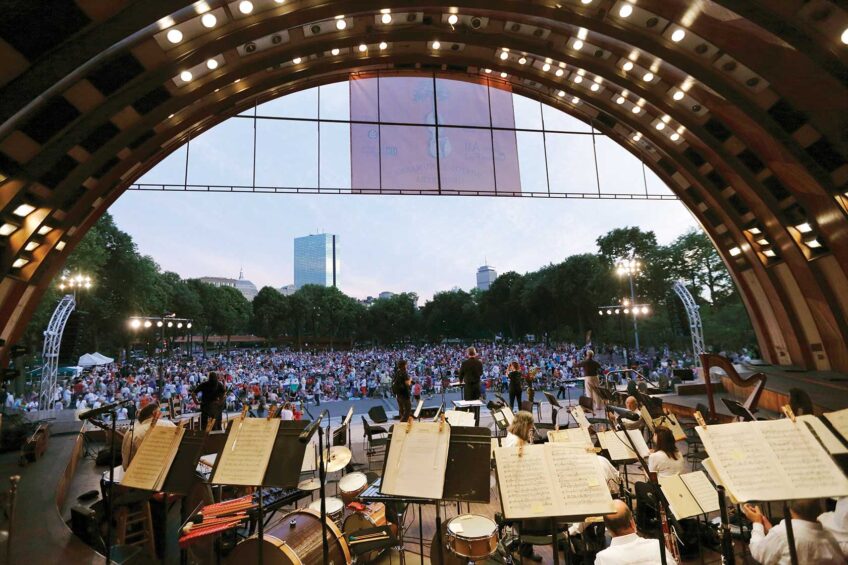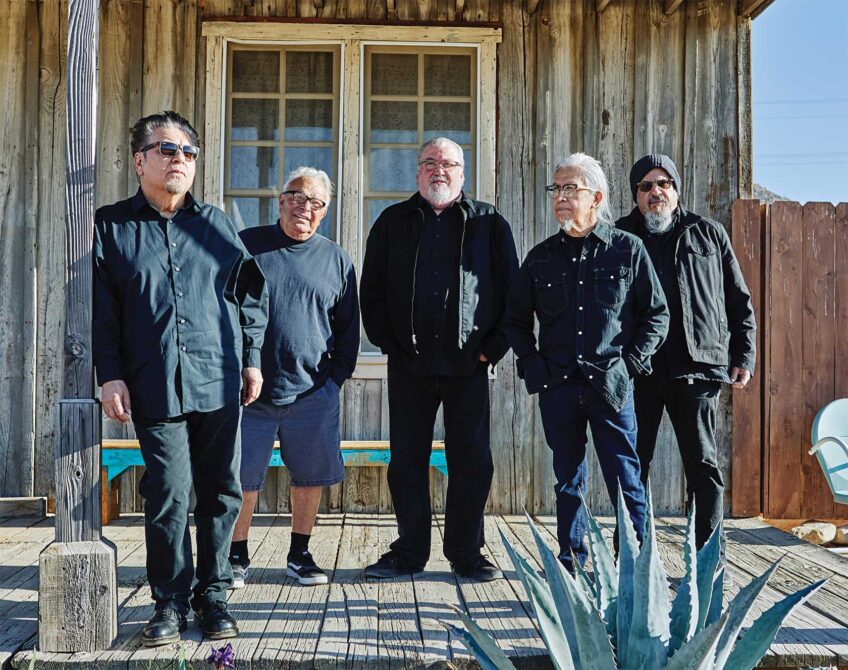
Grammy Award-winning saxophone player Kenny Garrett is on the road, in the studio and heading toward his 60th year, creating and redefining music. His legacy includes playing with the Duke Ellington Orchestra (under the direction of Mercer Ellington) and with jazz legends including Miles Davis, Herbie Hancock, Chick Corea, Ron Carter and Art Blakely. After going solo in 1984, Garrett has been seen as a man whose music is hard to categorize, but he has global appeal and is regarded by critics as among the best saxophonists playing today. He is well known for his vibrant song, “Happy People.”
Garrett will be at Scullers Jazz Club in Boston for four shows on Friday and Saturday, Sept. 20 and 21 (8 and 10 p.m.). The Banner caught up with him by phone at his home in New Jersey.
Banner: What are you working on
right now?
Garrett: I just returned from Paris, where I performed with my quintet at the Jazz à la Villette festival in Paris on August 29. Soon I’ll be heading into the studio to record my new CD.
For people curious about jazz, who enjoy what they hear but might be scared of not knowing how to understand it, what are your thoughts about how to open their ears and hearts?
I try to bring them in to participate with us. I just played in France, and at the end of the night some people sing back. Some people are dancing. For me, it’s like a big party. I don’t tell them what to think because we’re going through a journey with them.
Audiences of course are so different from culture to culture, place to place. Does how and what you choose to perform vary based on their reactions?
It’s a give-and-take. As I said, the main thing is that I try to take people on a journey. I try not to change what we’re doing, but instead to show people how they can participate. We’re giving, and they’re giving back. And audiences get into it, they get fired up! No matter where we perform. It happened in Poland. They see we want them to enjoy the music. It’s all about the journey.
Are there any influences that you draw upon in your work as a musician?
I’m always borrowing. All musicians are borrowing. It might be pop or jazz or hip-hop. It’s all open!
I know you spend a lot of time in Japan and have over many years. Say a little bit about what the culture and audiences mean to you.
Japan has always been my second home. I first went around 1980, as a member of the Duke Ellington Orchestra. At that point, I embraced Enka music, I took a liking to that. That got me further into the culture — I became very intrigued. Did you know that Miles did a commercial in Japan? So did Ron Carter! I thought I’d like to do that, too. I took Japanese lessons and learned to speak some of the language. About the audiences, I’ll say this: In general, Japanese culture is about conformity, but it’s also about people seeking to become individuals. The great drummer and bandleader Art Blakey exposed the Japanese to music that is about that.
“Pushing the World Away” is one of my favorite albums of yours. It implies that in your music you have found a peaceful, spiritual world where you can take listeners — or am I over-thinking it?
Yes, the music is about getting away from all of the distractions. Social media and so on. And the music is pulling you in, pulling you in, pulling you in, pulling you in. The energy that we’re using to push the world away is energy we can use in positive ways.
In 2011, Berklee presented you with an honorary degree in music, and you were that year’s commencement speaker. What other ties do you have with Boston?
Oh, I still have ties to Berklee, we play around here all the time. I’ve always enjoyed coming to Boston.






